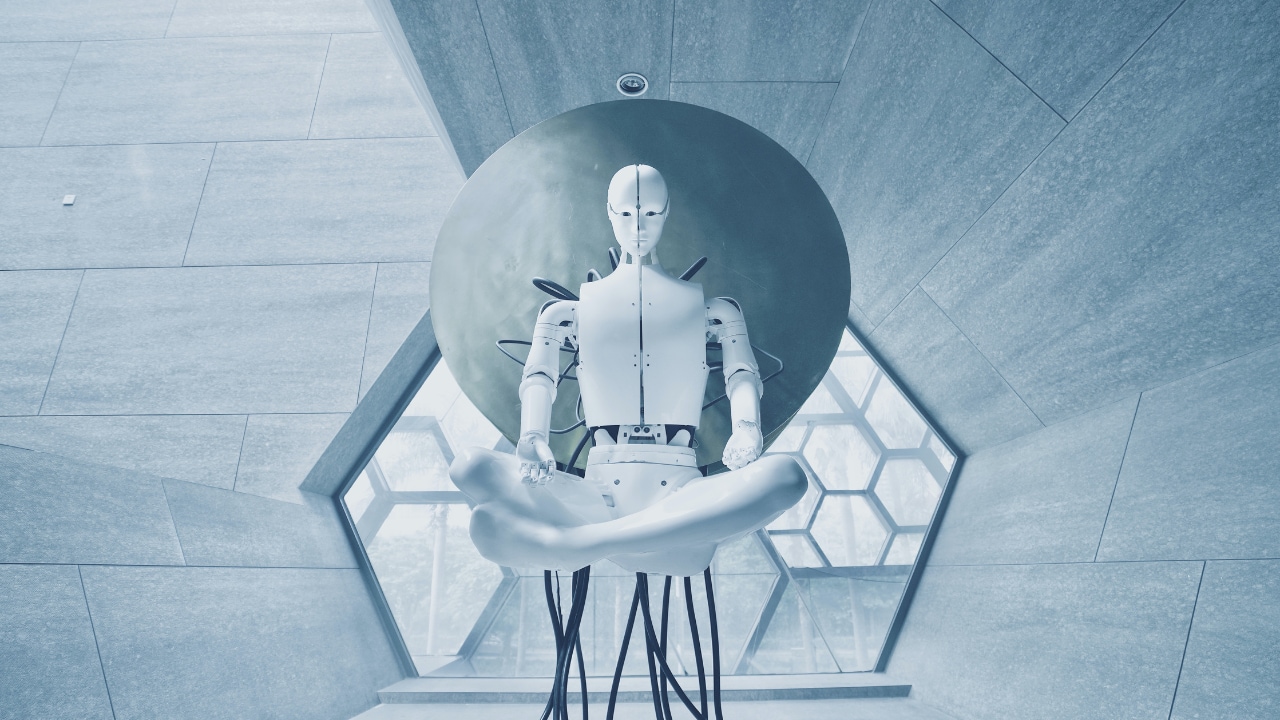Last week, my digital vastu aligned with my online grahan to create a perfect viral storm. I made two viral tweets in a gap of five days. Between the two tweets, I got about 270k impressions, 4000 likes, and 350 retweets. As a result of which, I added a grand total of 20 followers. Yes, twenty.
This was heartbreaking and fascinating on so many levels. A year ago, if I did these kinds of numbers, I would add at least about 500-700 new followers. I don’t know what changed. The algorithm. The user behavior. Or both.
As the number of social media platforms grows, retaining users becomes a big issue. And users are harmfully spoiled for choice. Harmful because the platforms are built in such a way to ensure we don’t get bored even for a second. It’s like having a dopamine dealer on speed dial to ensure we never run out of stuff in this digital rave party. As a result of which our attention spans have begun nosediving all the way to the bottom.
Earlier, our Twitter feed was filled only with people whom we followed. We just saw their thoughts and tweets all day. But there was a slight issue: the limited set of creators/friends/influencers we followed couldn’t be remarkable daily. So the overall content quality of the feed was just about alright.
We didn’t feel this was a big issue because, during those good old days in the early 2020s, we had larger attention spans. That ensured we didn’t get bored easily. We had the patience to look through our feed, and also a penchant for discovering and following new accounts when we came across interesting retweets.
But all that changed somewhere in the last couple of years. One, the algorithm has learnt a lot more about us through our data footprint and can target content that will keep us hooked far more effectively. And second, increased exposure to reels and short format videos have made us more impatient and less tolerant towards content that immediately doesn’t give us that dopamine hit. Short format video platforms are designed in a way to get their users surprised every few seconds. The videos change every few seconds.
The algorithm serves you different genres of content back to back, again ensuring you don’t get bored. You go from BeerBiceps asking you to not fap and meditate to Warren Buffet’s investment advice to Ronaldo’s best freekicks to Urfi Javed’s latest costume to chicken leg piss in less than two minutes.
“The casino always takes home more than the players. The gatekeeper is winning, not the creator.”
So much new information and surprises are offered to us at breakneck speed. It’s a black hole of mindless entertainment that we cannot get out of. And now suddenly, if we don’t get that hook every few seconds, we tend to get bored. Since our time and attention isn’t unlimited, Twitter has found itself competing with these short format apps for screen time; and as a text platform, to hold your own against these video platforms can be quite a task. So well, they had to change in order to keep up with the TikTokers.
The Twitter algorithm has now pivoted our feed to what I call, ‘The Best Of’ format. Essentially, we get served the best tweets around our areas of interest regardless of whether we follow those profiles or not. The platform knows that our dwindling attention span has no patience for discovery and we are building resistance to dopamine inducing content.
So now, when we see a good tweet, we are not excited by it enough. Because the tweet quality of our feed has gone up since we are being served only the best. Since the best is coming at us, why take the trouble of following? We are now trusting the curation of the platform to a higher degree than our own gut and intuition. This makes it harder for creators to build a following even if they are consistently good.
Creator life will only become tougher because the platforms don’t want you to own your audience. They don’t want your follower count to go up and they don’t want to guarantee you the engagement. Simply because the booming influencer economy business is not filling their pockets, adding to their revenue, or increasing the platform’s profits.
The platforms want to retain viewers using your content but not give you the audience in return. Once they clip the influencer wings, they will encourage brands to invest that money in ads and performance marketing within the platform, directly benefiting the platform.
I’m not saying the influencer business is shutting down, I’m just doubting if it will be as lucrative because you are competing with the platform for a share of the cash. The creator economy dreamland is not as easy as most of us have envisaged. You have the biggest stage in the world if your content is working, but immediately the stage disappears if the next piece of content is not the best.
You are continuously auditioning. In the long run, the casino always takes home more than the players. The gatekeeper is winning, not the creator.
Devaiah Bopanna is a founding member of SuperteamDAO. Views are personal.
